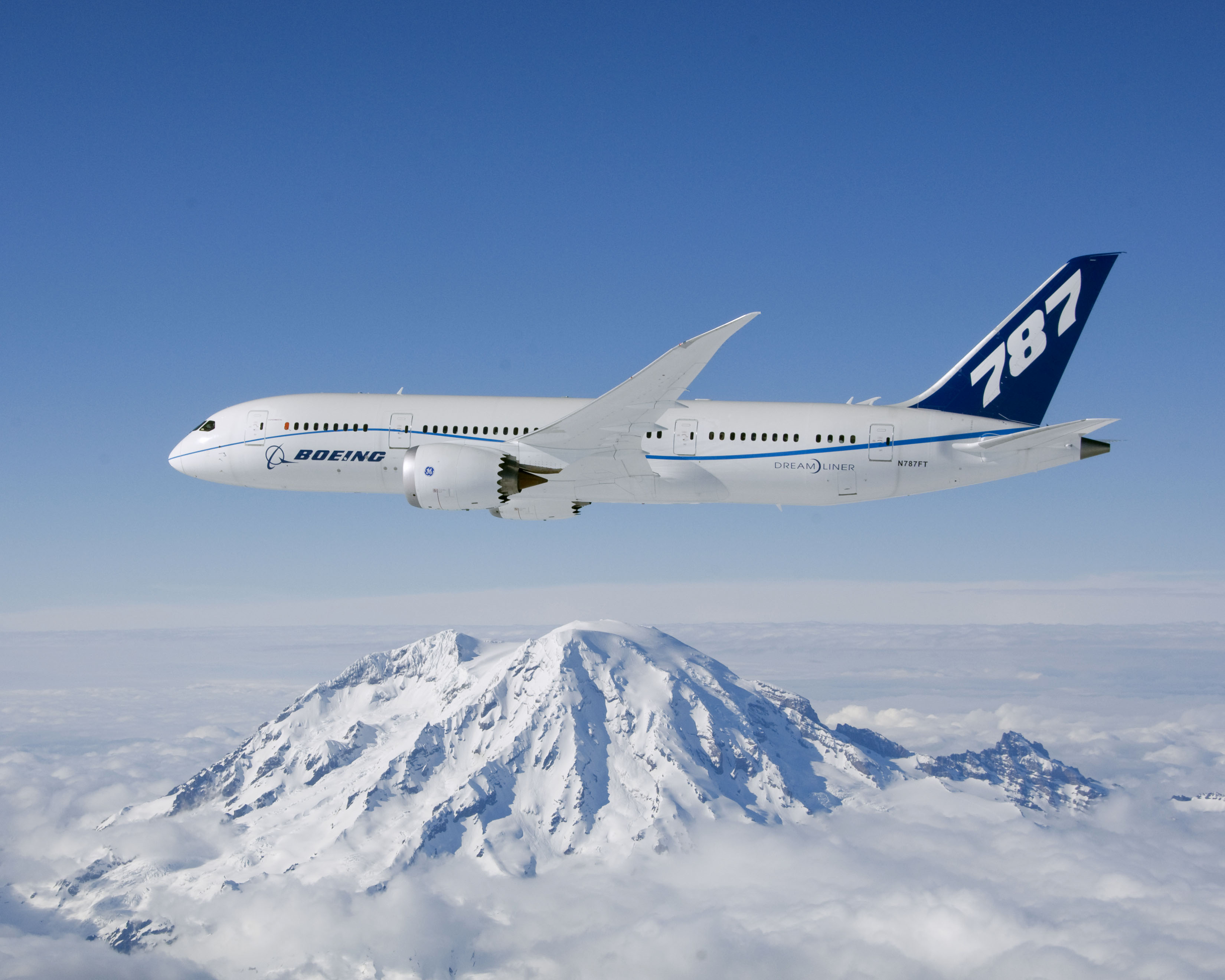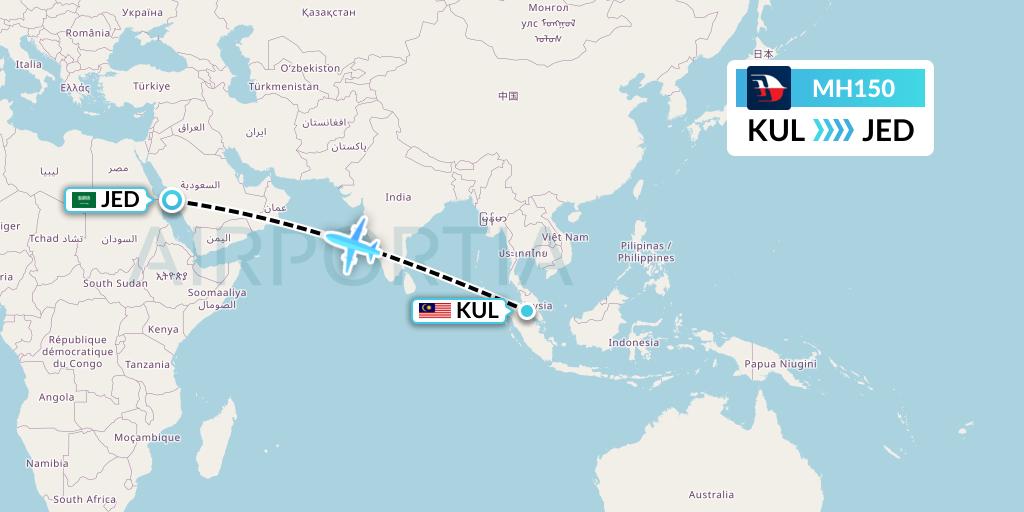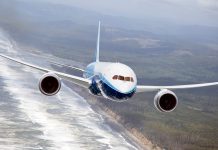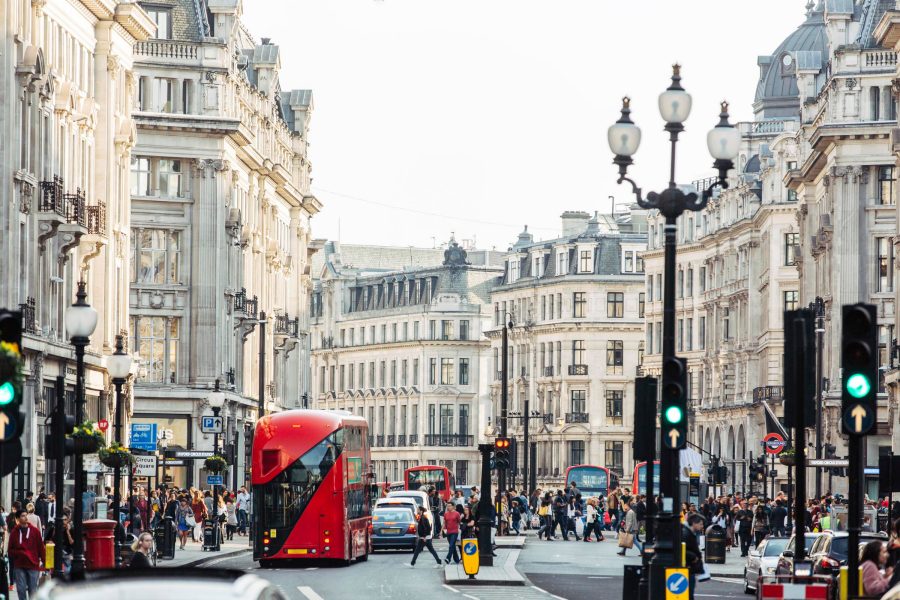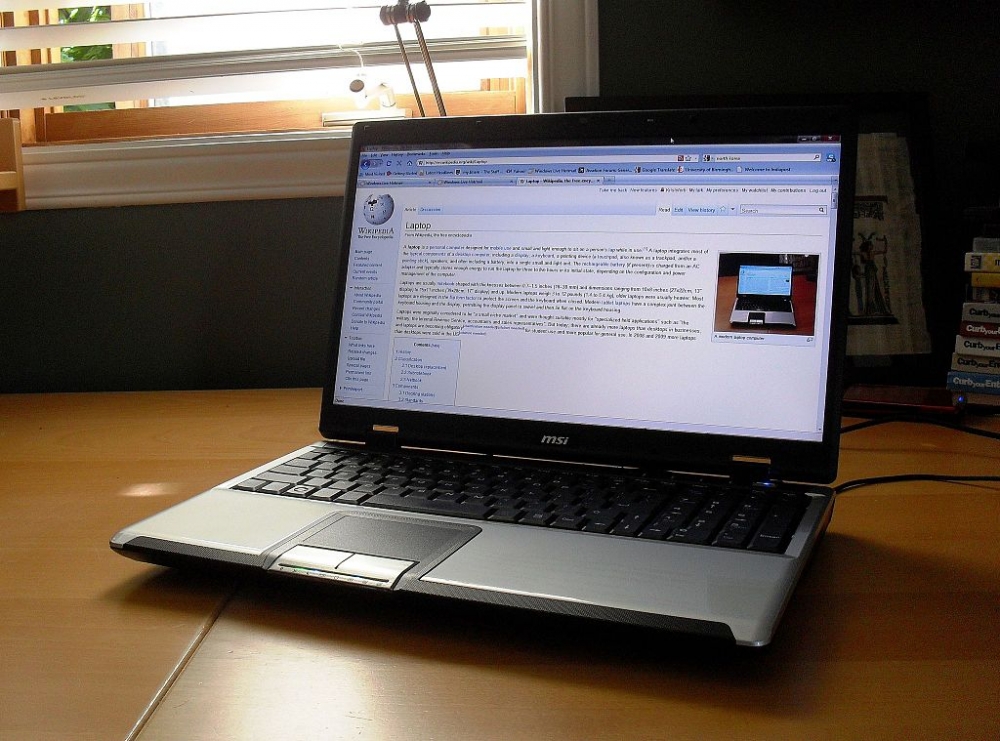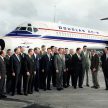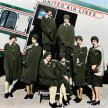The US and UK governments have been urged to find an alternative to the recent ban on large electronic devices in aircraft cabins and slammed for the “woefully lacking’’ way in which the measures were introduced.
The comments from International Air transport Association director general Alexandre de Juniac came in a highly critical speech in Montreal which also questioned the effectiveness of the measures to ban devices such as laptops and tablets in carry-on baggage on some flights to the two countries from North Africa and the Middle East.
“The current measures are not an acceptable long-term solution to whatever threat they are trying to mitigate. Even in the short term it is difficult to understand their effectiveness,’’ de Juniac said.
“And the commercial distortions they create are severe. We call on governments to work with the industry to find a way to keep flying secure without separating passengers from their personal electronics.’’
The IATA boss said passengers and member airlines were asking valid questions such as why the US and UK did not have a common list of airports, referring to a decision by the UK not to follow the US move to include Gulf carriers Etihad, Qatar and Emirates.
They were also wondering how laptops could be secure on some flights but not others, including flights departing from the same airport.
“And surely there must be a way to screen electronic equipment effectively?’’ he said. “The current situation is not acceptable and will not maintain the all-important confidence of the industry or of travelers. We must find a better way. And Governments must act quickly.’’
There was also frustration about the hasty way in which the ban, which became public only after airlines tweeted about it, was implemented.
De Juniac described the way in which the measures were introduced as “woefully lacking” with no prior consultation with the industry and little coordination by governments.
He renewed IATA’s long-standing call for better information sharing and coordination on security measures among governments and with the industry.
Airlines did not want access to state secrets but could help deliver better results if they understood the outcomes governments wanted, he said.
“While governments have the primary responsibility for security, we share the priority of keeping passengers, crew and aircraft secure,’’ he said. “To do that effectively intelligence is king. And it needs to be shared amongst governments and with the industry. It’s the only way to stop terrorists before they get near an airport, let alone aircraft.’’
IATA has been pushing governments to follow through on a UN Security Council resolution calling on the International Civil Aviation organisation to develop a global aviation security plan.
The “very wide gaps’’ in the recent measures taken by governments had highlighted the need for such a plan, de Juniac said.


